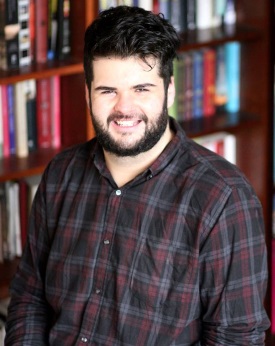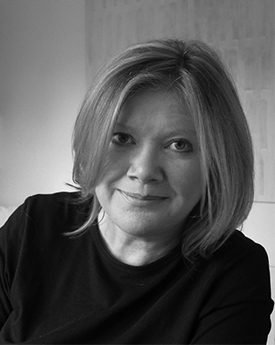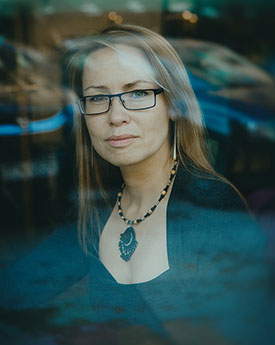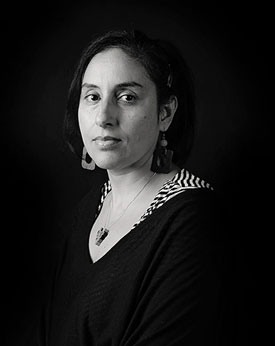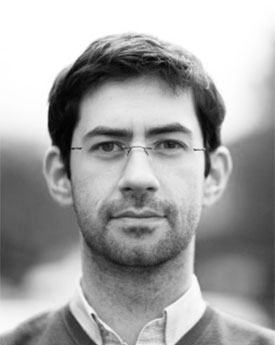School of Arts all staff
- Selected letter: All
- U
- Y
Loading People
We couldn't find anybody who matched your criteria
Authors and the World, Creative Writing, Creative-Critical Writing, Digital Humanities, Gothic and Science Fiction, Literature and Religion, Literature, Space and Place, Literature, the Arts, Media and Performance
Literature, Space and Place, Wordsworth Centre
Imagination Lancaster
Imagination Lancaster, School of Architecture
Cultures, Insight
Cultures, Insight
Evaluation, Imagination Lancaster, Makers , More than Human , School of Architecture, Worldbuilding
DSI - Society, Health & Wellbeing , Imagination Lancaster, School of Design, Social Design , Space & Place
Cultures, Imagination Lancaster, School of Architecture
Digital Humanities, Institute for Social Futures Fellow, ISF Fellows 2019/20, Literature, Space and Place, Wordsworth Centre
Imagination Lancaster, School of Architecture, Space & Place
Creative-Critical Writing, Literature and Religion, Literature, Space and Place, Literature, the Arts, Media and Performance, Morecambe Bay Curriculum
Insight, Practices
Centre for Alternatives to Social and Economic Inequalities, Centre for Gender Studies
Imagination Lancaster, School of Architecture
Evaluation, Imagination Lancaster, Morecambe Bay Curriculum, School of Architecture, Space & Place
Imagination Lancaster, More than Human , School of Design
Centre for Gender Studies
Evaluation, Health Equity Network, HighWire Doctoral Training Centre, Imagination Lancaster, Practices, School of Design
DSI - Society, Evaluation, Imagination Lancaster, School of Design
Imagination Lancaster
CeMoRe - Centre for Mobilities Research, Centre for Technological Futures , DSI - Society, Security Lancaster, Security Lancaster (Sociology)
Insight, Practices
Literature, Space and Place
Imagination Lancaster, Institute for Social Futures Fellow, Makers , More than Human , School of Architecture, School of Design, Space & Place
Digital Humanities, Literature, Space and Place, Literature, the Arts, Media and Performance
Creative-Critical Writing, Gothic and Science Fiction, Literature, the Arts, Media and Performance
Evaluation, Imagination Lancaster, Morecambe Bay Curriculum, School of Architecture, Space & Place
Centre for Gender Studies
Health & Wellbeing , More than Human
Digital Humanities, Literature and Religion, Literature, Space and Place, Literature, the Arts, Media and Performance, Shakespeare Programme
Centre for War and Diplomacy, Cultures, Transcultural Writing, Practice and Research Network
Evaluation, Imagination Lancaster, School of Design, Worldbuilding
Literature, Science and Medicine
Evaluation, Imagination Lancaster, Practices
Evaluation, Imagination Lancaster
Creative Writing, Gothic and Science Fiction, Literature, Science and Medicine, Literature, Space and Place, Literature, the Arts, Media and Performance, Transcultural Writing, Practice and Research Network
Cultures
Energy Lancaster, Fan Studies Lancaster, Imagination Lancaster, Lancaster Intelligent, Robotic and Autonomous Systems Centre, School of Design
Centre for Gender Studies
Cultures, Practices
Institute for Social Futures Fellow, ISF Fellows 2019/20, Morecambe Bay Curriculum, Practices
Literature and Religion
Morecambe Bay Curriculum, Social Design
Creative Writing, Literature, Science and Medicine, Literature, the Arts, Media and Performance
Creative Writing, Gothic and Science Fiction
Evaluation, Imagination Lancaster, More than Human , School of Design, Security Lancaster, Security Lancaster (Sociology)
CeMoRe - Centre for Mobilities Research, Cultures, Evaluation, Imagination Lancaster, Institute for Social Futures - Leadership Team, ISF Anniversary Lecturers, Morecambe Bay Curriculum
Cultures, DSI - Society, Insight, Practices
Imagination Lancaster, School of Architecture
Centre for Scholarship and Innovation in Management Education, Imagination Lancaster, School of Architecture
Centre for Gender Studies, Literature and Religion, Richardson Institute for Peace Studies, Transcultural Writing, Practice and Research Network
Creative Writing, Creative-Critical Writing, Literature, Space and Place, Literature, the Arts, Media and Performance
Cultures, Imagination Lancaster
Cultures, Insight, Practices
FASS Health Hub, Literature, Science and Medicine, Literature, Space and Place, Shakespeare Programme, Transcultural Writing, Practice and Research Network
Imagination Lancaster, Lancaster Evaluation Group, Morecambe Bay Curriculum, Practices, Social Design
CeMoRe - Centre for Mobilities Research, Centre for Gender Studies, Literature, Space and Place
Energy Lancaster, Evaluation, Imagination Lancaster, Makers , Morecambe Bay Curriculum, Practices, School of Design, Social Design
Imagination Lancaster, ISF PhD, Makers , School of Architecture, Worldbuilding
Evaluation, Imagination Lancaster, Makers , More than Human , Morecambe Bay Curriculum, School of Architecture, Space & Place
Centre for Gender Studies
DSI - Society, Evaluation, Imagination Lancaster, School of Design, Worldbuilding
Cultures, Insight, Practices
Cultures, Institute for Social Futures Fellow, ISF Fellows 2019/20
Cultures, Digital Humanities Centre, Insight
Digital Humanities, Digital Humanities Centre, FASS Health Hub, Literature, Science and Medicine
Imagination Lancaster, School of Architecture
Creative-Critical Writing, Literature and Religion, Literature, the Arts, Media and Performance
CeMoRe - Centre for Mobilities Research, Cultures, Morecambe Bay Curriculum, Practices
Creative Writing, Gothic and Science Fiction, Literature, Space and Place, Literature, the Arts, Media and Performance
Energy Lancaster, Evaluation, Imagination Lancaster, Makers , More than Human , Morecambe Bay Curriculum, Practices, School of Design, Sustainable Regenerative Design Futures
Evaluation, Imagination Lancaster, School of Design
School of Architecture
Gothic and Science Fiction, Institute for Social Futures Fellow, Literature and Religion, Literature, the Arts, Media and Performance
Evaluation, Health & Wellbeing , Imagination Lancaster, School of Design
DSI - Health, Evaluation, Imagination Lancaster, School of Design
Imagination Lancaster, Makers , School of Architecture
Creative Writing, Creative-Critical Writing, Literature, the Arts, Media and Performance
Cultures, Evaluation, Imagination Lancaster, School of Design, Space & Place
Centre of Excellence in Environmental Data Science, Digital Humanities, FASS Health Hub, Gothic and Science Fiction, Literature, Science and Medicine, Literature, Space and Place
Evaluation, Imagination Lancaster, School of Design

.svg)
